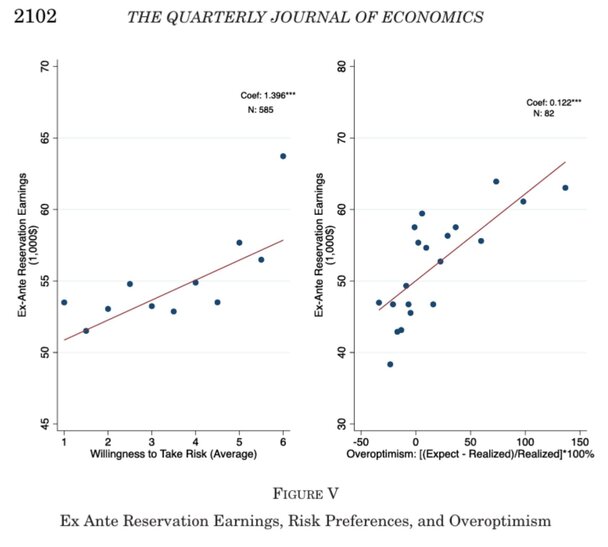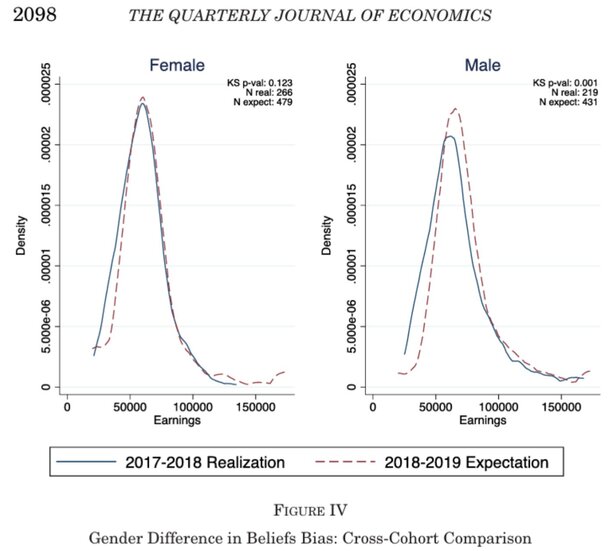
In the recent publication of The Quarterly Journal of Economics, Volume 138, No. 4 (2023), Cortés, Pan, Pilossoph, Reuben, and Zafar investigate the gender-specific dynamics in the job search process and their impact on earnings gaps, utilizing comprehensive data from graduates of Boston University’s Questrom School of Business. The research combines field data and laboratory experiments to uncover the mechanisms driving these disparities. Read here: https://doi.org/10.1093/qje/qjad017


This research contributes to the ongoing discourse regarding gender wage gaps by highlighting the crucial role that psychological factors play in the job search processes. The authors call for further exploration of these behavioral dimensions in labor economics to inform policies to close the earnings gap between genders.
This study reflects C-BID's dedication to understanding the psychological underpinnings of economic behavior and their implications for social equity. By shedding light on the interplay between gender dynamics and job market outcomes, this research provides valuable insights for developing effective strategies to foster equality in professional settings.

Boston University

National University of Singapore

Duke University

NYU Abu Dhabi

University of Michigan
